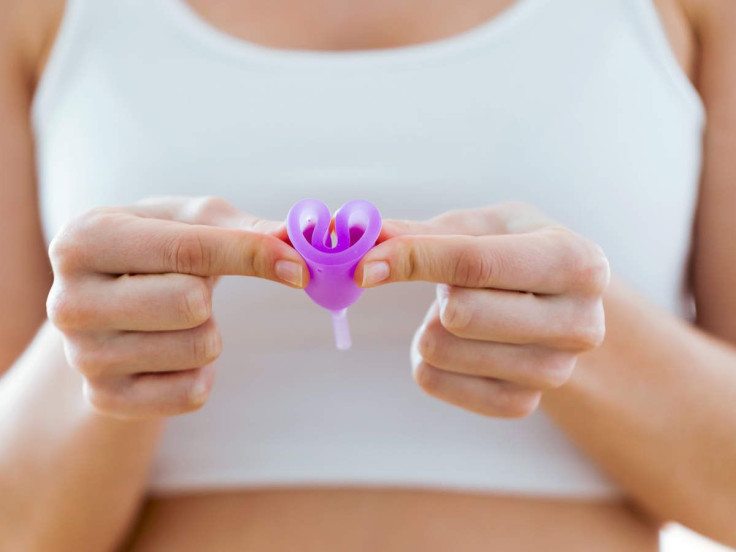Early Menarche Could Increase Women's Risk Of Menopausal Hot Flushes, Night Sweats: Study

KEY POINTS
- Over 85% of women of menopausal age experience hot flushes and night sweats
- A new study revealed early menarche could increase a woman's likelihood of experiencing hot flushes
- Being overweight or obese could exacerbate this risk
Girls who start menstruating early are likely to suffer hot flushes and night sweats later during menopause, claimed a new study.
Public health researchers who analyzed data collected from over 18,000 middle-aged women across the United States, the United Kingdom and Australia found women who started menstruating before they were 11 years old had a 50% higher risk of suffering from hot flushes and night sweats during menopause.
The researchers compared a group of women who started menstruating at the age of 11 or younger with those who had their first period at 14 or later.
"The risk of the women who menstruated early experiencing both symptoms was greater than having either hot flushes or night sweats alone," News Medical quoted the study’s lead author Dr. Hsin-Fang Chung, Professor, University of Queensland.
The study revealed women who were overweight or obese were at a higher risk of experiencing these symptoms compared to those of normal weight. The findings also indicated midlife BMI can help modify this risk.
More than 85% women experience vasomotor menopausal symptoms like hot flushes and night sweats. These symptoms occur due to decreased levels of estrogen during menopause. The hormonal fluctuations affect the mechanisms that control a woman’s blood pressure and temperature control. As a result, women go through episodes of profuse heat accompanied by flushing and sweating, especially around the head, neck, chest and upper back.
Menarche or the first menstruation, which is the most definitive sign of puberty in females, usually occurs at an average age of 13 years. A majority of females attain menarche between the ages of 11 and 15. Early menarche occurs when a girl starts menstruating before 11 years of age. Previous studies indicated early menarche occurs from 9 to 11 years.
A 2012 study published in the journal Women’s Health revealed early menarche age might be linked to an increased likelihood of developing endometrial cancer, menstrual problems, as well as, adult obesity. A 2019 study reported early menarche is associated with an increased risk of type 2 diabetes and that later menarche lowered the risk.
© Copyright IBTimes 2025. All rights reserved.






















